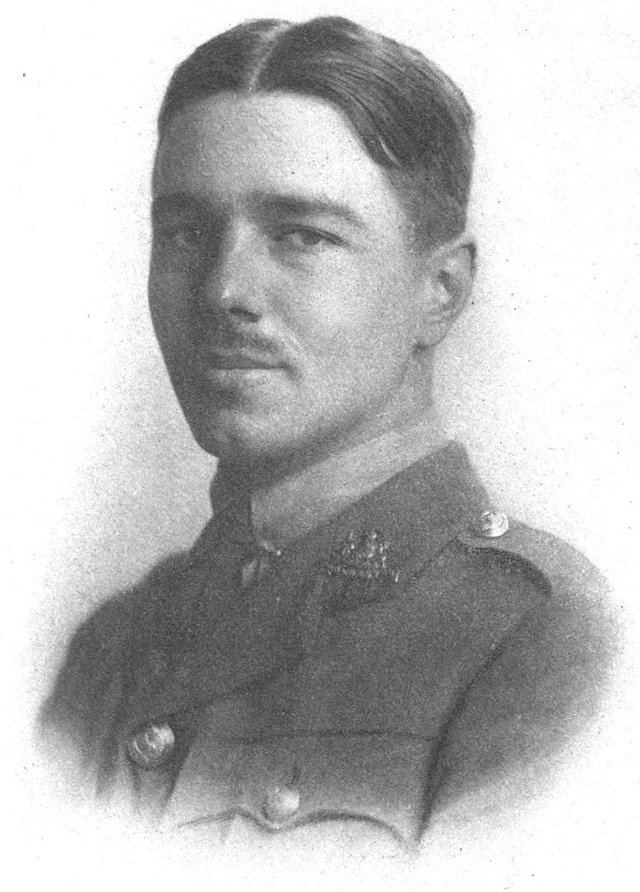Wilfred Owen, the Greatest War Poet
Today, 4th November 2018, marks the centenary of the death of one of the most famous English poets, Wilfred Owen. Who was he, and how did he die?

Wilfred Owen
The War poet
The trenches of The First World War (1914 to 1918) produced some fine poetry. But of all the English poets putting the horrors of trench and gas warfare to verse, Wilfred Owen is regarded as the finest.
He enlisted in 1915 and first saw action in June 1916. He fairly soon suffered a number of traumatic experiences. He was concussed when he fell into a shell hole; he was blown up by a trench mortar and spent several days unconscious lying amongst the remains of one of his fellow officers. This led to him suffering from shell-shock and was admitted to hospital in Edinburgh. Here he met fellow poet Siegfried Sassoon, who made a deep and lasting impression on Owen.
In July 1918, Owen returned to active service, where he served with distinction. Sassoon's influence caused Owen to change form the romantic style he had used before to a more realistic, "writing from experience". He used this to great effect, turning out his entire great body of work in a period of three months.
Wilfred Owen was killed in action exactly one week from the signing the Armistice which ended the war.
(His poetry was used in the great War Requiem by the English composer Benjamin Britten. For more on this see @kiligirl's post Benjamin Britten's War Requiem performed in Johannesburg last night)
Here is one of Owen's most famous poems:
Anthem for Doomed Youth
What passing-bells for these who die as cattle?
— Only the monstrous anger of the guns.
Only the stuttering rifles’ rapid rattle
Can patter out their hasty orisons.
No mockeries now for them; no prayers nor bells;
Nor any voice of mourning save the choirs,—
The shrill, demented choirs of wailing shells;
And bugles calling for them from sad shires.
What candles may be held to speed them all?
Not in the hands of boys, but in their eyes
Shall shine the holy glimmers of goodbyes.
The pallor of girls’ brows shall be their pall;
Their flowers the tenderness of patient minds,
And each slow dusk a drawing-down of blinds.
Wilfred Edward Salter Owen, 18 March 1893 – 4 November 1918.
Also posted on Weku, @tim-beck, 2018-11-05